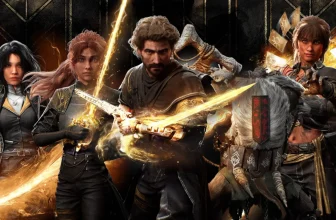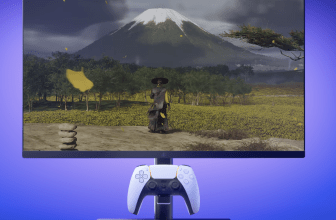Battlefield 6 Breaks Records and Brings the Fight Back to Call of Duty
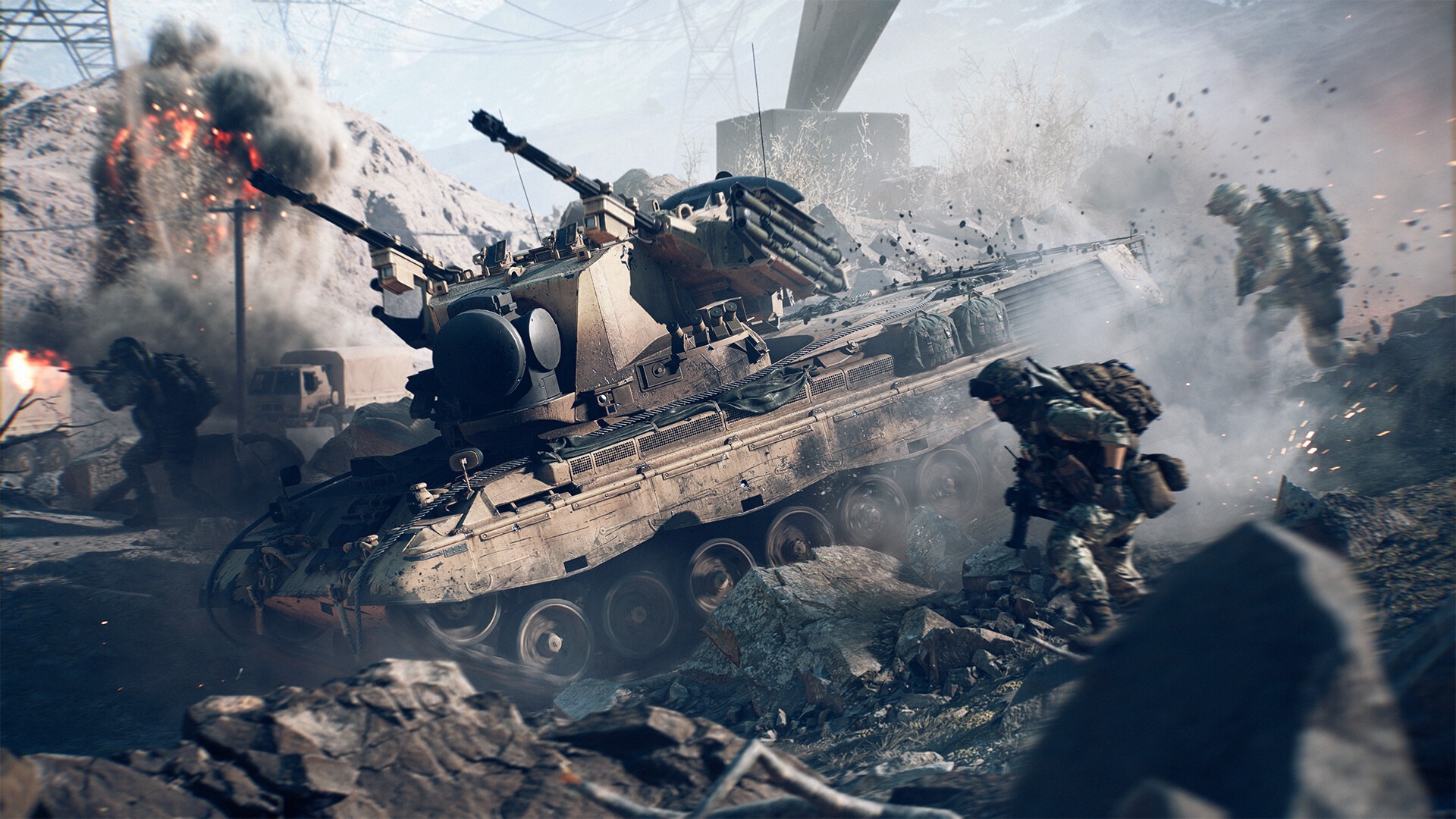
There’s a certain electricity that only Battlefield launches can summon — that mix of chaos, disbelief, and raw spectacle as servers buckle and feeds flood with clips of tanks flipping over rooftops. This time, though, something felt different. Battlefield 6 didn’t just arrive. It detonated. Within hours of launch, the game had already become the biggest in franchise history by concurrent player count, roaring past the peaks of Battlefield 5 and 2042 combined.
For a series once written off as a relic, this wasn’t just a comeback. It was a resurrection.
The Reversal Nobody Saw Coming
Two years ago, the mere mention of Battlefield drew eye rolls. 2042 had left behind a crater of disappointment — bugs, design confusion, and a community that felt abandoned. EA and DICE were forced into a long silence, licking wounds and promising change. Few believed them.
And yet here we are, watching Battlefield 6 set records that even the franchise’s golden years never touched. Nearly three-quarters of a million players logged in on Steam alone during launch weekend — a staggering figure that pushed Battlefield back into the conversation it once owned.
It’s not luck. It’s not nostalgia. It’s a calculated, almost ruthless return to form. Gone are the experiments and half-measures. What’s left is a sharp, confident shooter that knows exactly what it is — big, loud, cinematic, and unapologetically Battlefield.
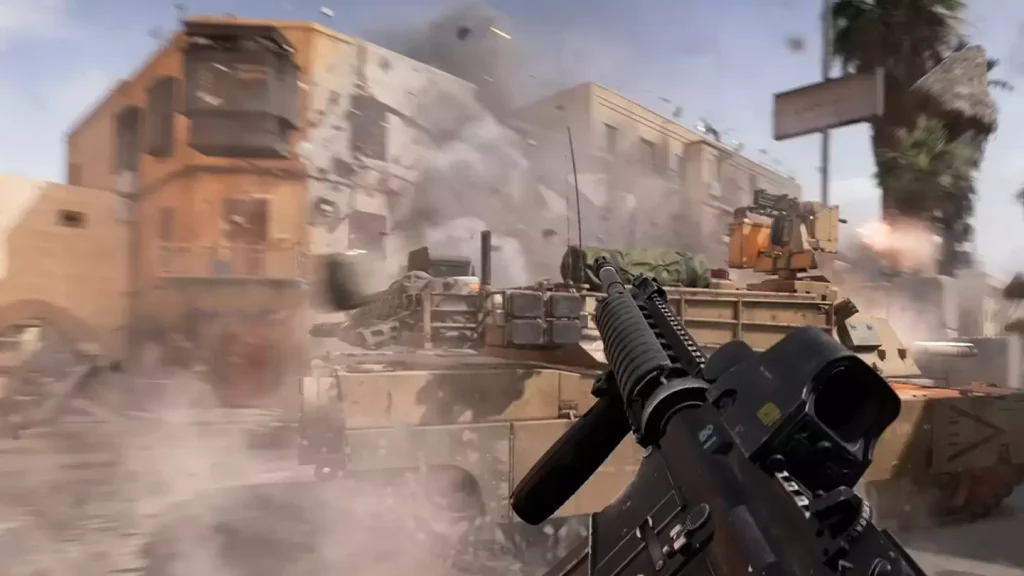
The Numbers Tell a Story
Let’s be clear: numbers don’t lie. Within 48 hours, Battlefield 6 had already quadrupled the all-time peaks of Battlefield 5 and 2042. For EA, that’s not just a sales win — that’s vindication. It’s proof that rebuilding trust pays off, that investing in the core matters more than chasing trends. One thing’s clear — Battlefield 6 is on track to be one of the defining games of 2025.
Steam’s concurrent user count for the game hovered around 747,000 at its height, pushing it into the all-time top-20 most played games on the platform. And that’s before accounting for the EA App, PlayStation, and Xbox traffic — the full picture is likely north of a million active players at once.
The servers strained, of course. Some users were briefly locked out, others stuck behind “DLC required” walls — a cruel irony for a full-priced game — but the overall launch held firm. Once the smoke cleared, Battlefield had done what few franchises ever manage: reclaim relevance after public humiliation.
The Spirit of Competition
It’s impossible to talk about Battlefield without mentioning the elephant in every lobby — Call of Duty. The two have danced this dance for over two decades, trading blows in tone, scale, and community loyalty.
But this time, the dynamics feel different. Call of Duty still rules the mass market — no one doubts that — yet Battlefield 6’s success has injected an unmistakable tension back into the rivalry. The Steam charts don’t lie. For once, the underdog has the louder crowd.
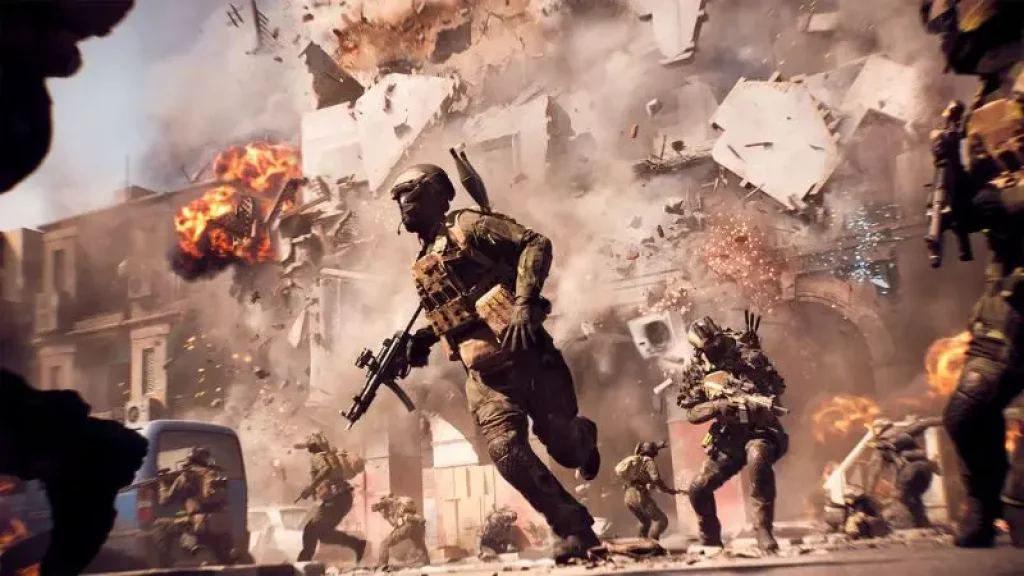
Veteran players are describing BF6 as the first entry in years that feels like it could genuinely peel players away from Warzone and Modern Warfare. The pacing is tighter, the shooting feels deliberate, and the maps — sprawling, destructible, and absurdly cinematic — remind everyone why Battlefield earned its name in the first place.
It’s a shift that’s been building quietly. As Call of Duty has leaned deeper into formula and microtransactions, Battlefield’s identity — grand, team-driven chaos — has begun to feel fresh again. There’s something almost rebellious about its approach: no flashy crossover events, no pop-culture gimmicks, just raw, engineered mayhem.
A Franchise That Learned the Hard Way
What makes Battlefield 6’s moment so satisfying is how unlikely it seemed. The post-2042 years were brutal. DICE lost key veterans, player trust evaporated, and even loyalists began to migrate elsewhere. But somewhere in that storm, EA decided to let its studios breathe. Ripple Effect, Criterion, and Motive joined the effort, and instead of reinventing the wheel, they rebuilt it — sturdier, meaner, more responsive.
That collaboration shows. Battlefield 6 doesn’t feel like the work of one studio. It feels like a rallying cry from an entire ecosystem tired of losing ground. The gunplay has weight again. The class system — streamlined yet tactical — actually matters. The chaos feels choreographed, the maps massive but purposeful.
Even the audio design feels like a statement — every explosion, ricochet, and scream reminding you that no one does scale like this team. After years of trying to chase trends, Battlefield remembered that its greatest strength was being itself.
Battlefield 6 — By the Numbers
| 🧩 Category | 📊 Data / Fact |
|---|---|
| Launch date | October 10, 2025 |
| Peak concurrent players (Steam) | ~747,000 — highest in Battlefield history |
| Previous records | Battlefield 5: ~116,000 · Battlefield 2042: ~107,000 |
| EA milestone | Biggest Steam launch ever for an EA title, surpassing Apex Legends (~624,000) |
| Estimated total players (all platforms) | Over 1 million concurrent during launch weekend |
| Open beta peak | ~521,000 concurrent players — record-breaking pre-launch |
| Studios involved | DICE · Ripple Effect · Criterion · Motive (under Battlefield Studios banner) |
| Day-one patch | 200 + gameplay, balance, and performance fixes based on community feedback |
| Match scale | 64-player battles with destructible environments |
| Playable classes | Assault · Engineer · Support · Recon |
| Campaign setting | Near-future conflict (2027-2028) between NATO and Pax Armata |
| Launch hiccups | Temporary login & “DLC required” issues — patched within 48 h |
| EA’s compensation | 24 × XP boosters + 2 Season Pass tiers for affected players |
| Steam platform record | 41 million concurrent users during BF6 launch weekend |
| Season 1 release | October 28 2025 — new maps, modes, and progression content |
| Franchise total players | 90 million + across all Battlefield titles since 2002 |
What Comes Next
The challenge now isn’t winning back attention — that’s done. It’s keeping it. Sustaining half a million active players isn’t about hype; it’s about momentum.
Season One, launching in late October, will be the first real test. More maps, refined balance, better progression loops — the foundation is solid, but the execution must stay sharp. If EA slips back into complacency or over-monetizes, the same crowd that’s now celebrating could turn on a dime.
The competitive field will only heat up from here. Call of Duty: Black Ops 7 looms on the horizon, and Battlefield’s success has likely lit a fire under Activision’s development cycle. For the first time in years, both series are awake — and the fans are the real winners.
But there’s also a broader industry question here. Battlefield 6 proves that redemption arcs still exist in modern gaming — that live-service fatigue doesn’t mean death if the product earns its respect. It’s a lesson that studios across genres should be watching closely.
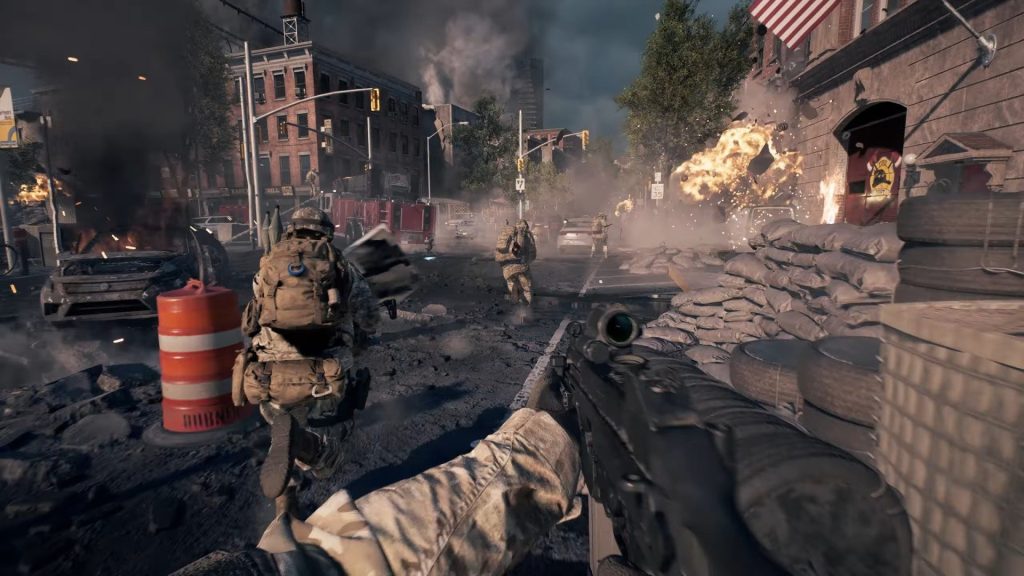
The Verdict
No matter where the player count settles, Battlefield 6 has already achieved something remarkable. It reminded a jaded audience what large-scale multiplayer warfare can feel like when executed with conviction. It reminded critics that technical ambition isn’t dead. And it reminded EA — perhaps most importantly — that the players it lost were never the problem.
The franchise that once looked like a fallen giant just fired its biggest shot in a decade — and hit the target square on. The war between Battlefield and Call of Duty isn’t over. But for the first time in a long time, it’s a fair fight again.

